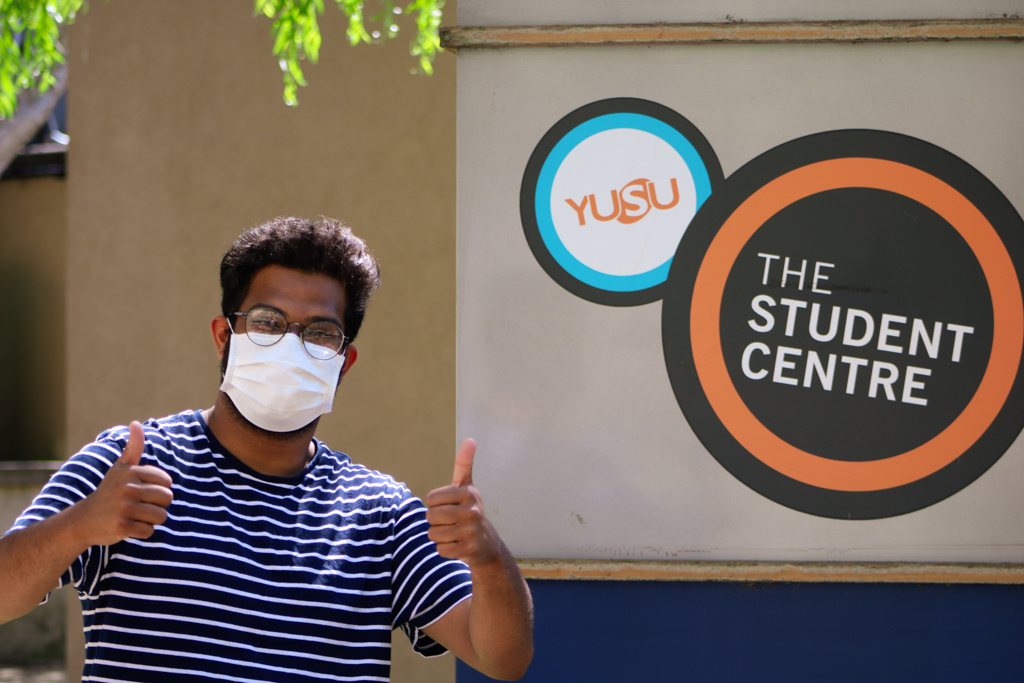This year’s election cycle began on Monday 8 February (Week 5), with the opening of nominations. Candidates who want to run for a position have to submit a photo and a manifesto to YUSU, as well as a short blurb talking about themselves and why they are running.
This process lasts for just under two weeks, with nominations closing at midday on 19 February. During this time, candidates can chop and change their photos, blurbs, and manifestos as much as they want before the 19th, thanks to the ‘save’ feature on YUSU’s election page.
With nominations closing at the end of Week 6, the whole of Week 7 will be dedicated to what YUSU are calling “Development Week”. YUSU will be hosting a number of workshops for candidates, teaching them how to prepare for campaigns, as well as laying down ground rules for the election.
Punishments for breaking election rules can range from a ban on campaigning for a short amount of time, all the way to a forced withdrawal from the election. With a campaigning period of just ten days, every second counts, and violations of election rules can come back to haunt candidates.
There aren’t any set rules for what happens with candidates who break
the regulations; violations of the election campaign rules get dealt with by the Deputy Returning Officer.
Students running for a sabbatical position will have a maximum budget of £20, while those running for PTO positions will have a budget of just £10. This is to limit the amount of money that gets poured into the election, ensuring a level playing field for everyone running.
Students are also required to run clean campaigns. That means no personal attacks on anyone else running. It doesn’t stop candidates from criticising policy that others put forward in their manifestos, though.
Friday 26 February, the end of Development Week, is the deadline for manifestos.
Candidates will have had a whole week to develop their manifestos and hone their campaign tactics, and from 2 March onwards, they’ll have to use these to win a position within YUSU.
The 2nd is a key date in the election. Candidates will be announced, and from midday campaigning will begin. URY will be hosting a Candidate Interview Night, where everyone running will be given a chance to broadcast themselves and their ideas across York’s student population.
The URY Candidate Interview Night isn’t the only chance for everyone to get their names out there. YSTV will be hosting 60 second manifestos, where candidates will have to sum themselves and what they want to achieve in just one minute. And of course, York Vision will be the go to place for all news throughout the election.
YUSU will also be holding a Debate Night on 5 March, which will be streamed on Facebook. This year will be different from every other year, as this time voting will open as soon as the Debate Night finishes, giving candidates one last chance to broadcast themselves to students at York.
Voting, as always, will be done under the Single Transferable Vote System. Students will have to rank the candidates for each position. Each round, the candidate with the fewest votes is eliminated from the running. Everyone who ranked them as their candidate will have their votes transferred to their second favourite candidate. This process continues until one candidate has reached the necessary number of votes needed in order to be declared the winner.
Students will be able to vote for one week, until midday on 12 March. The votes will be verified by the NUS, and the winners will be announced on Saturday 13 March at 7pm.
So what’s different about this year’s election? For one, the pandemic has forced elections online, which presents a significant number of challenges for candidates. They’ll have to be innovative and clever if they want to win the election.
Another major change is that student groups and college committees will be allowed to endorse candidates. This a significant departure from previous elections, as endorsements from groups weren’t allowed before this year. YUSU told Vision that this is being done to increase election engagement.
With more than 200 official groups, and nine different college committees, expect to see significant changes to how students interact with elections from now on.

